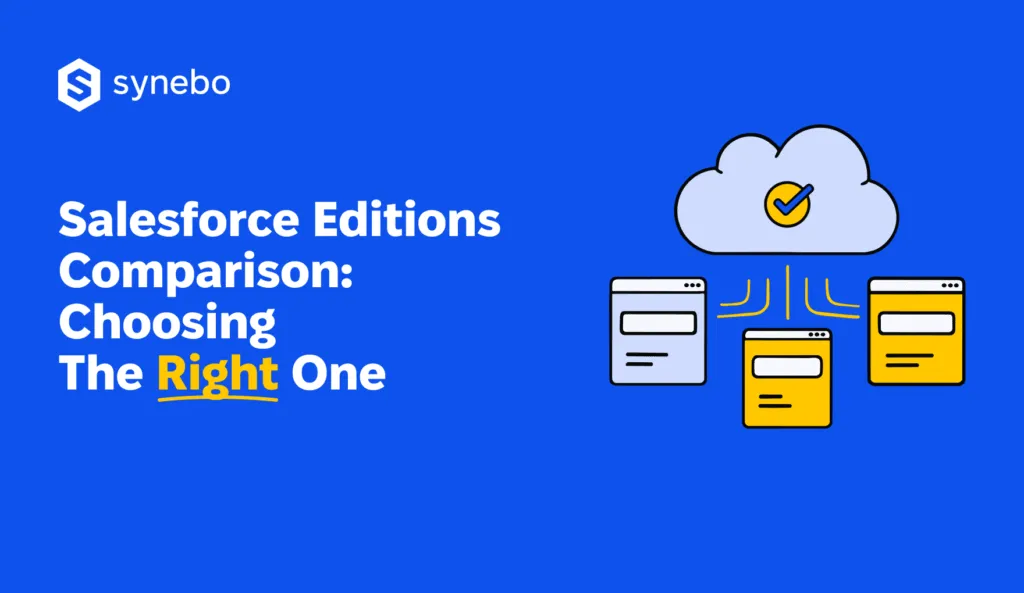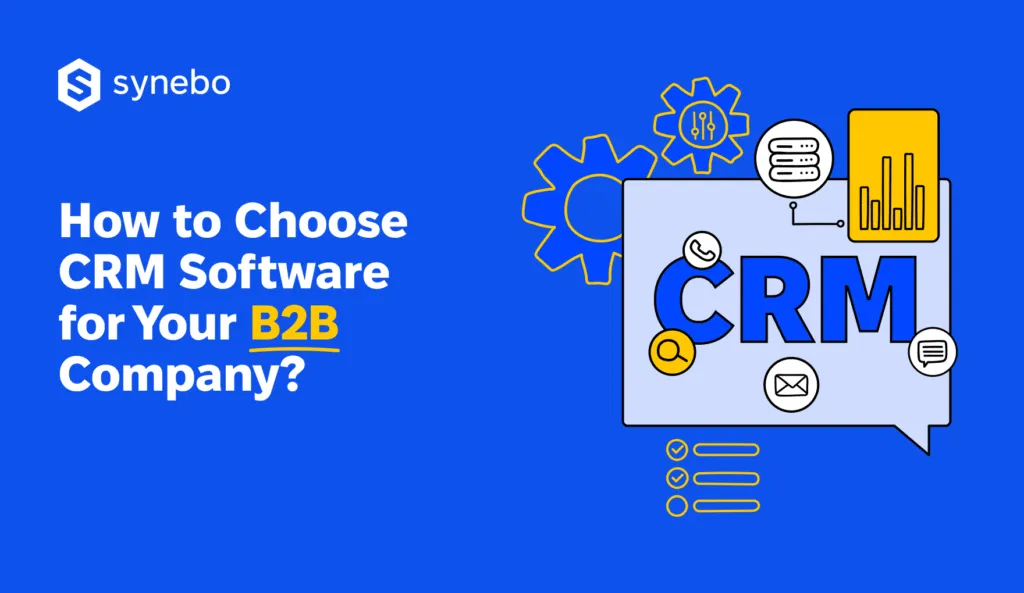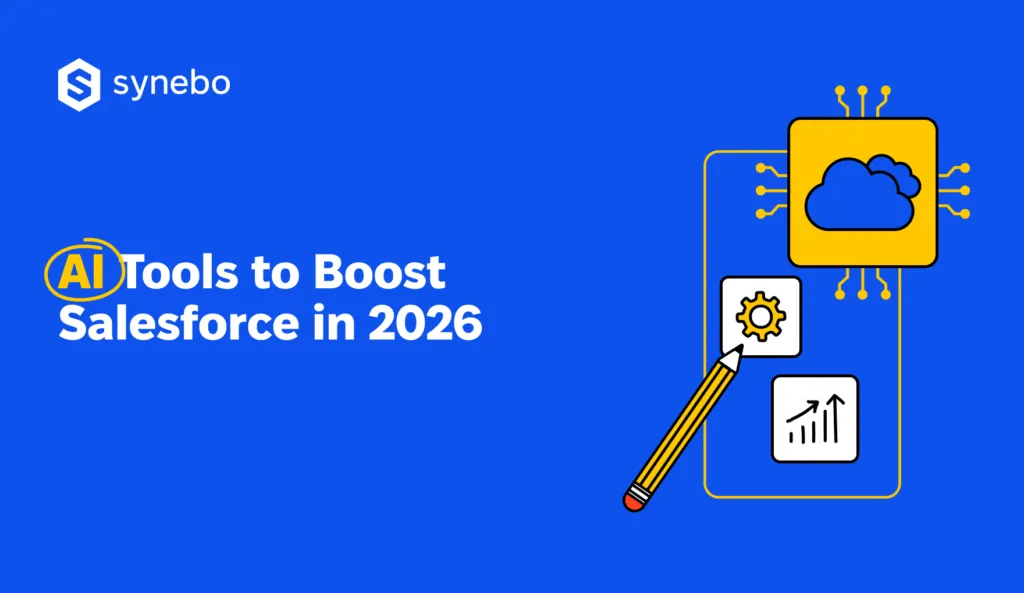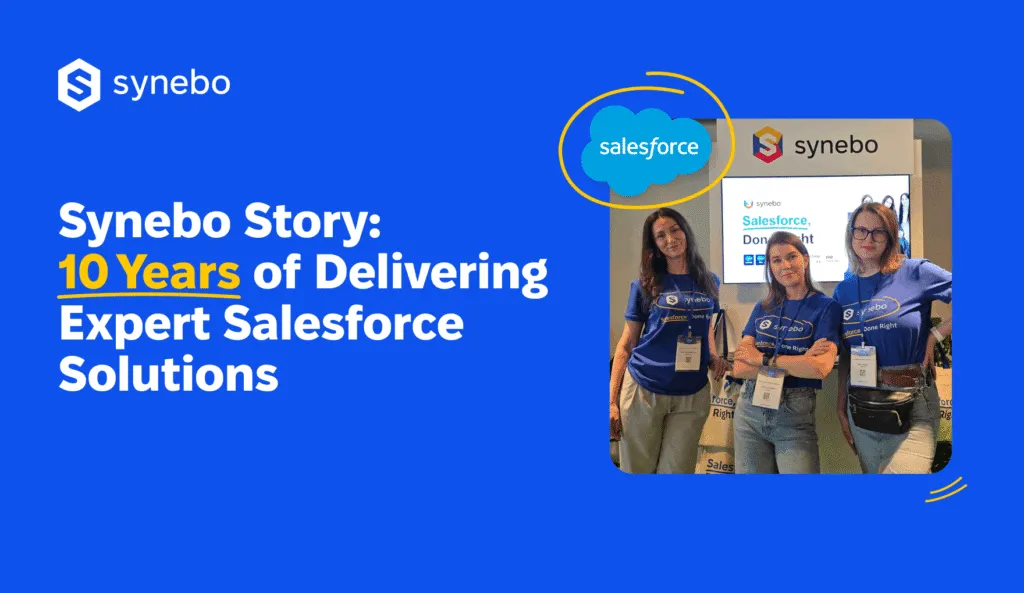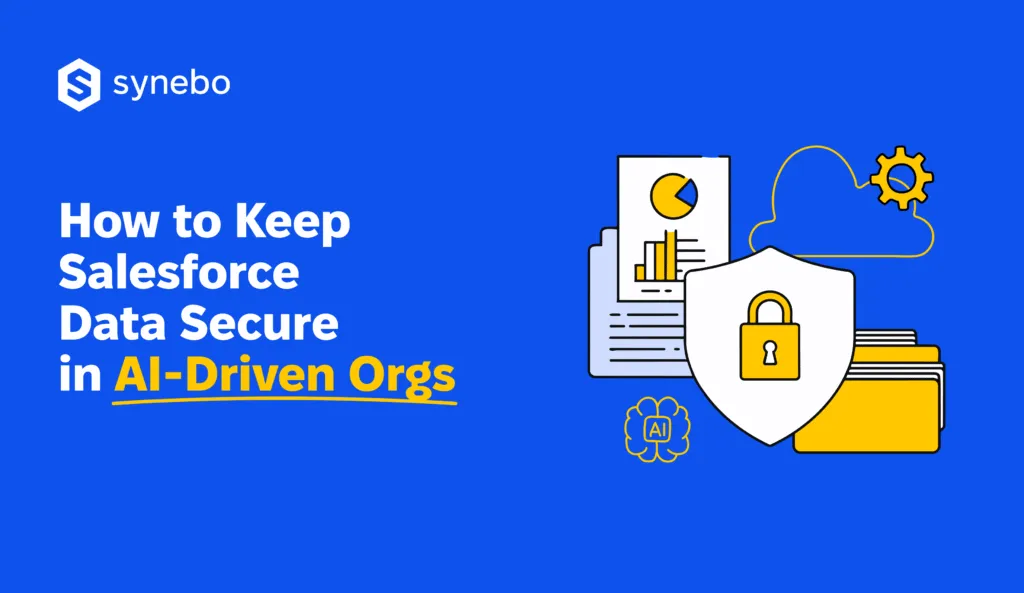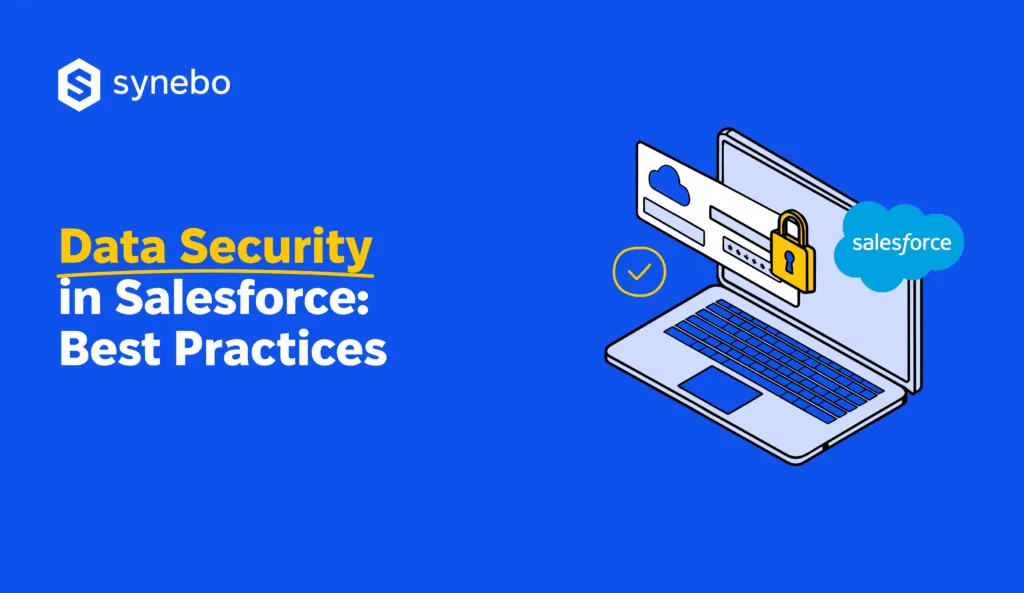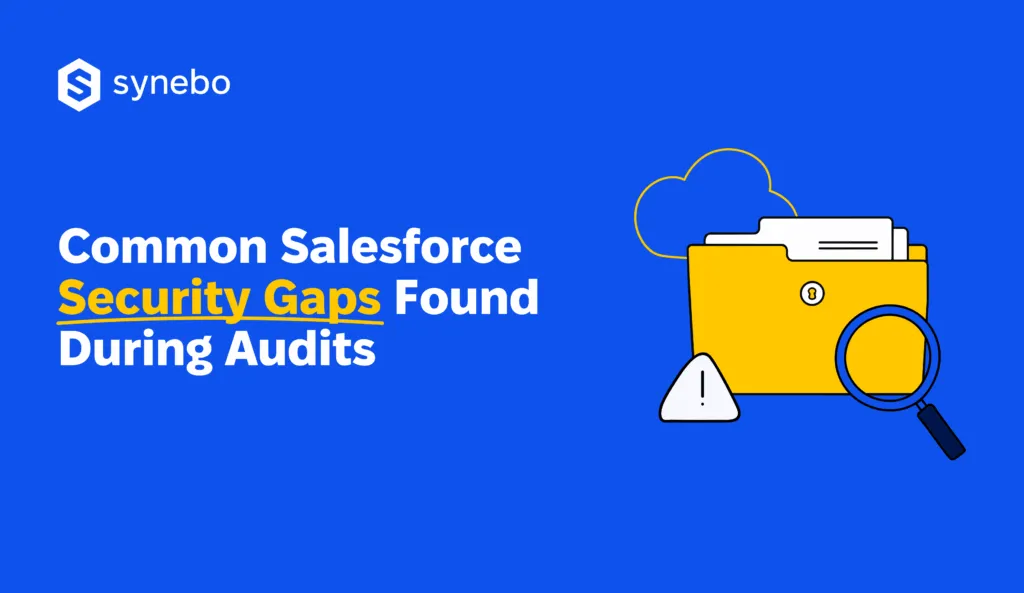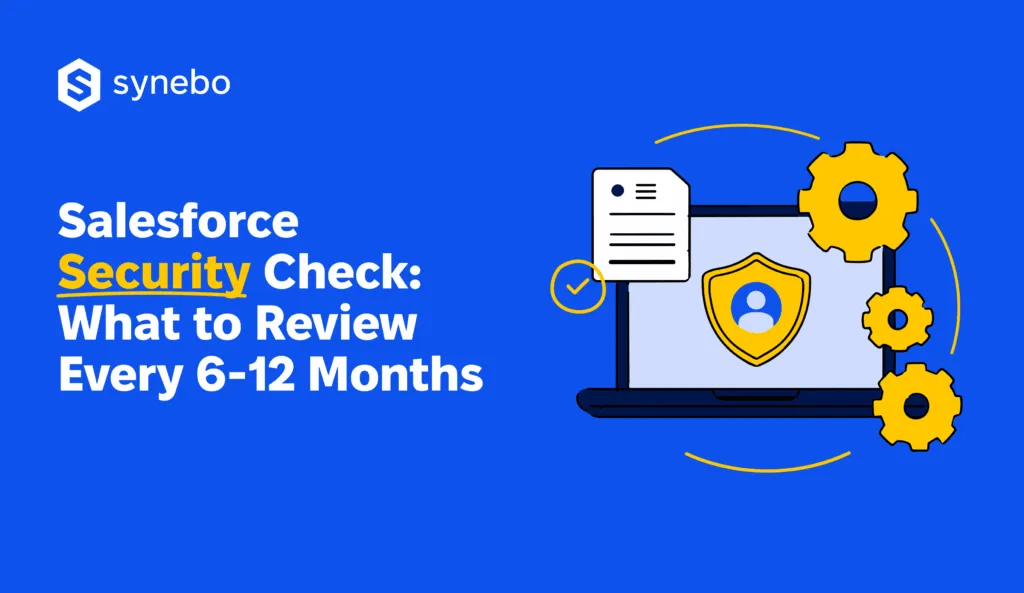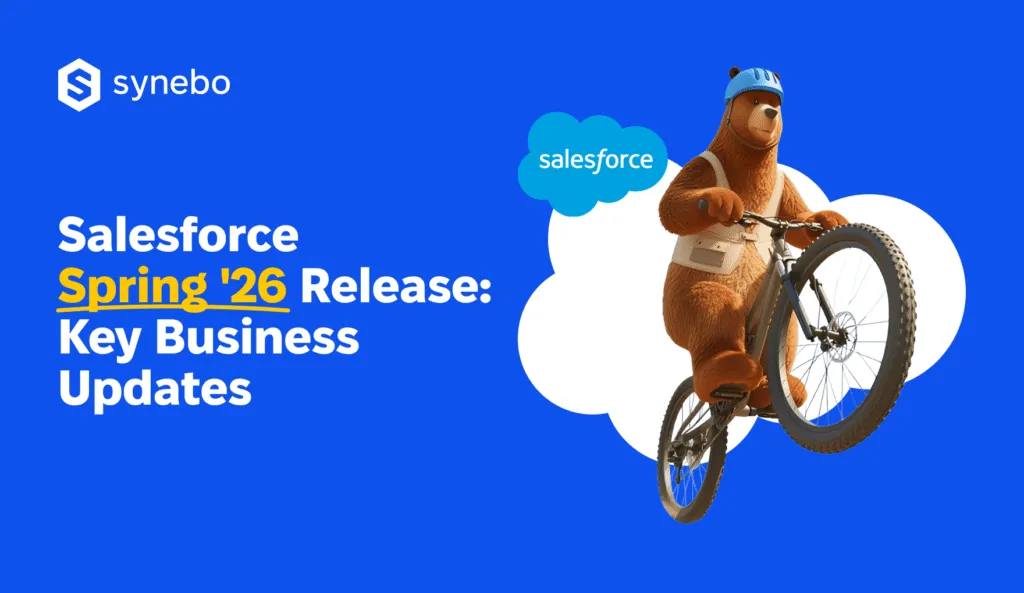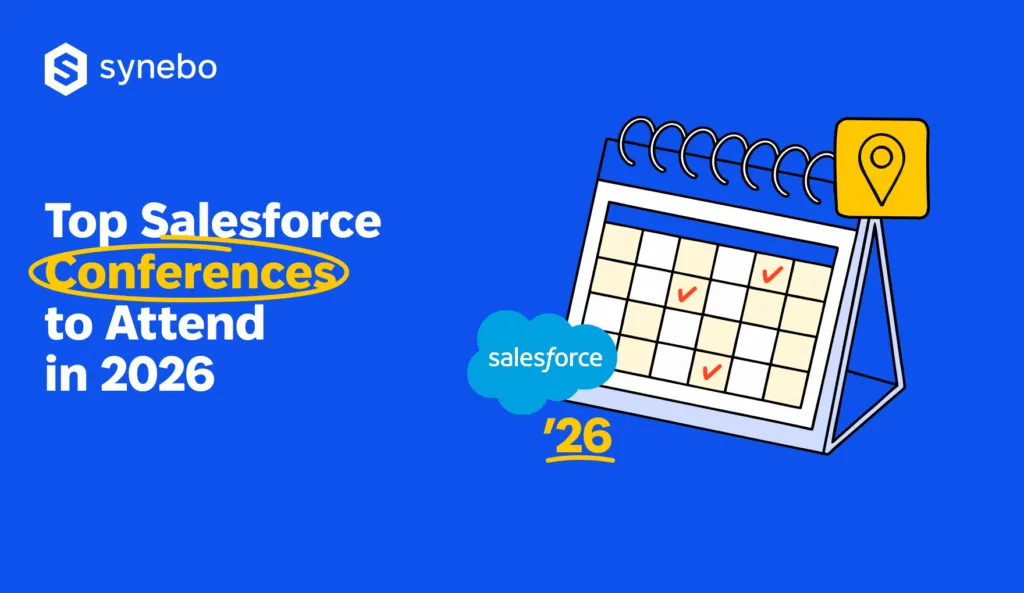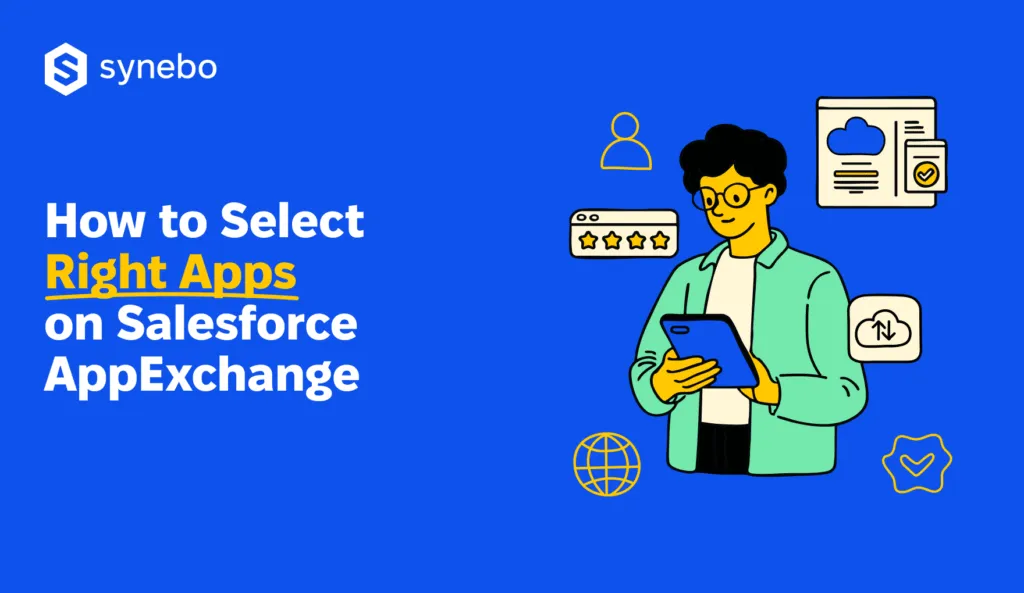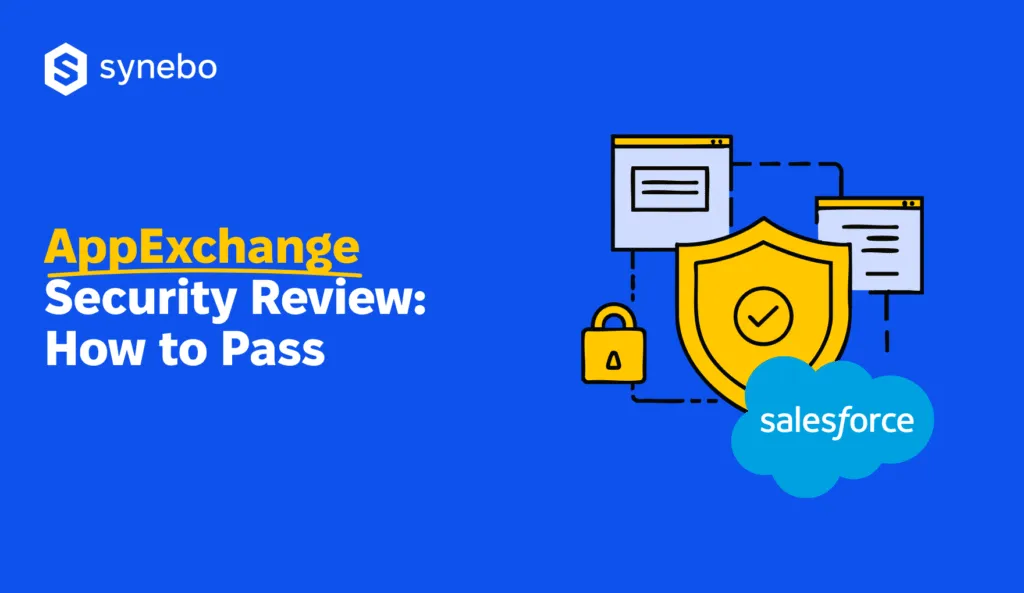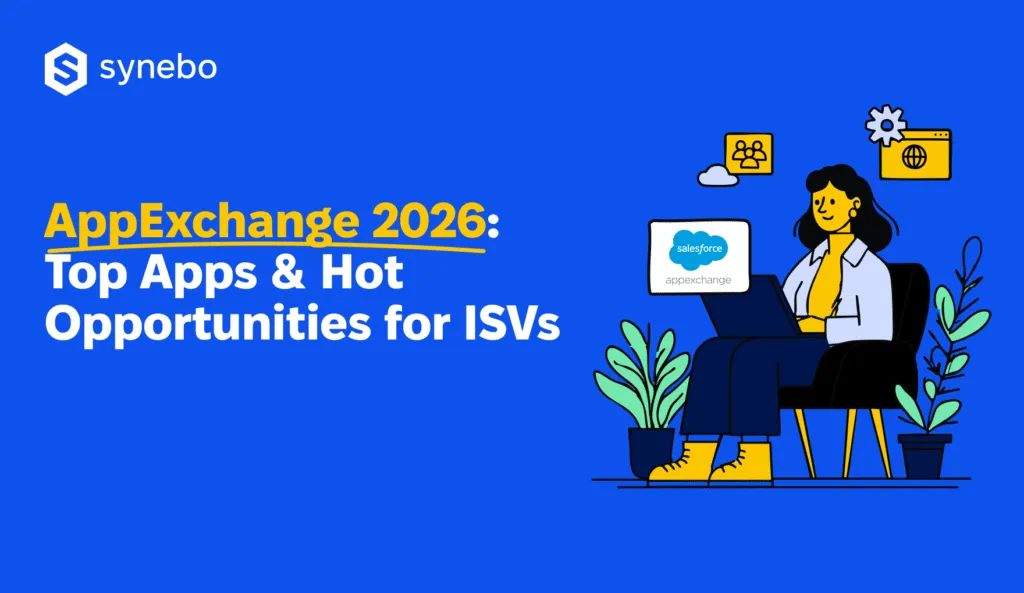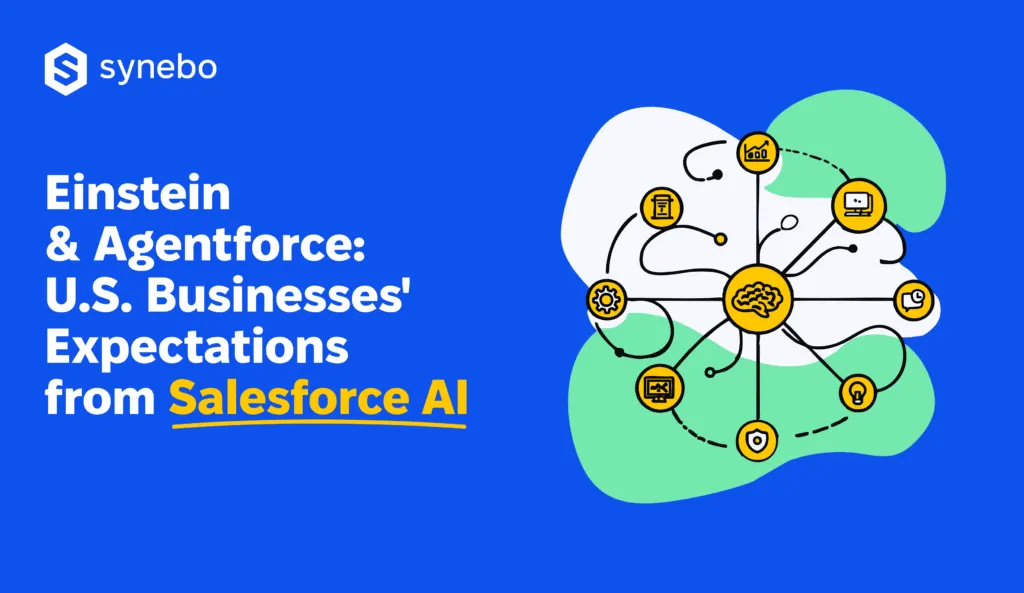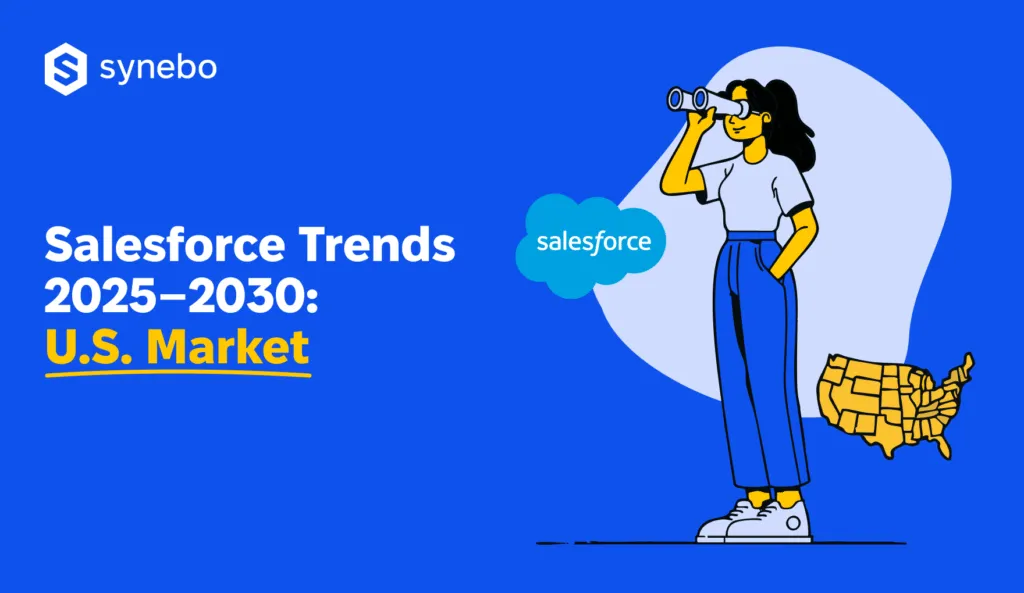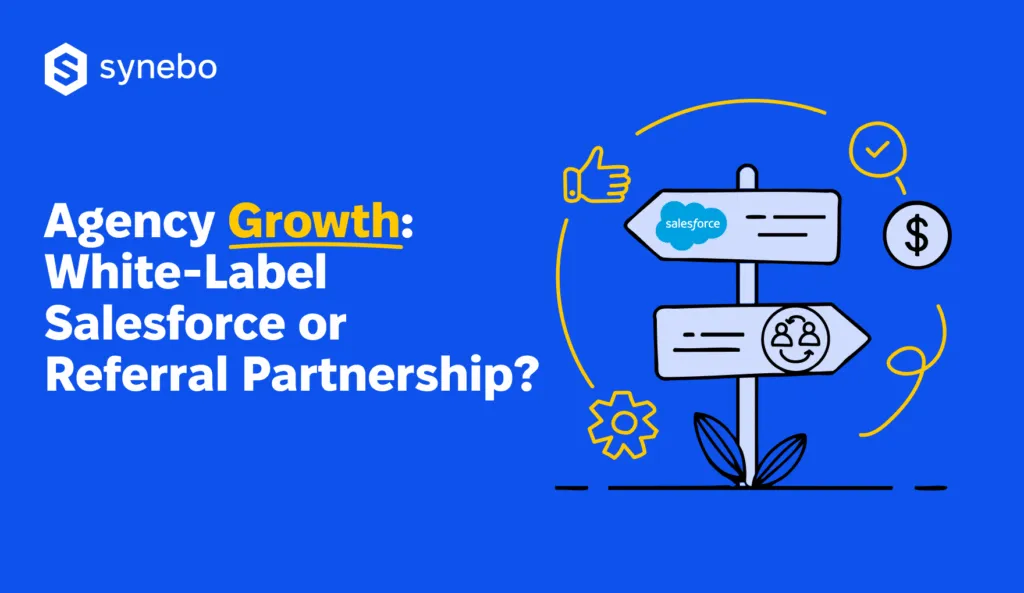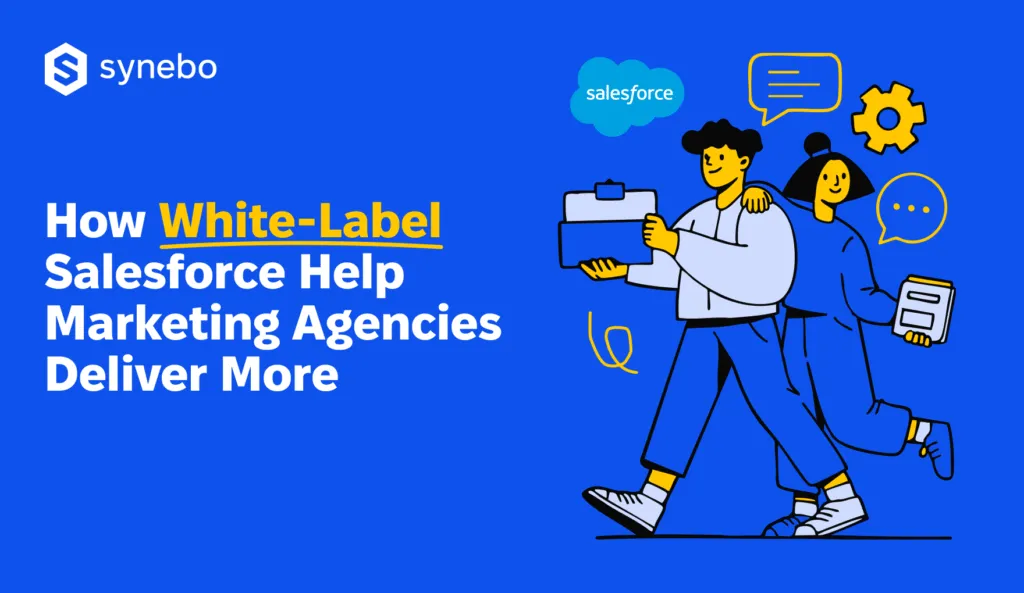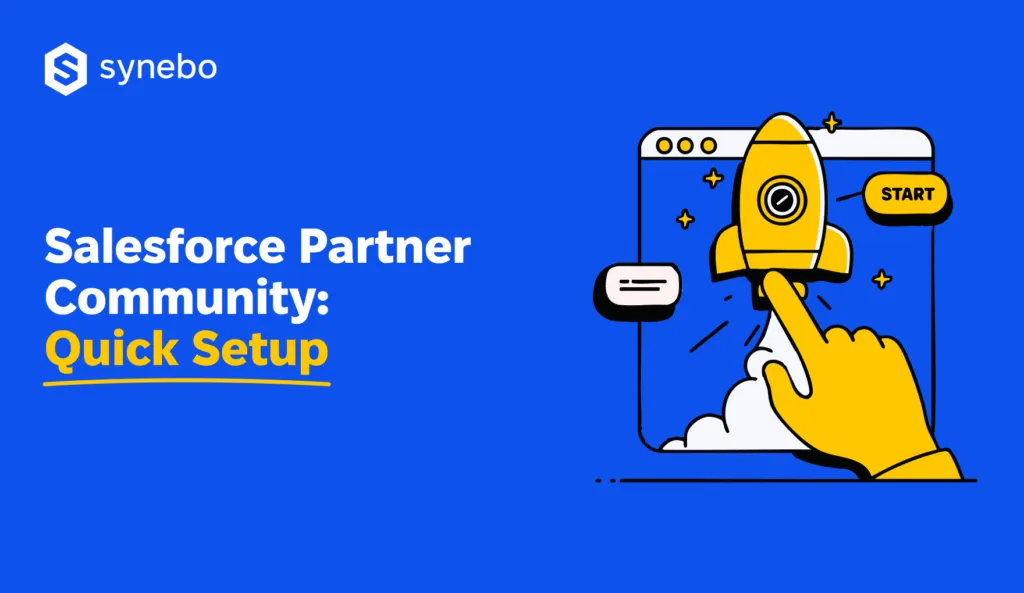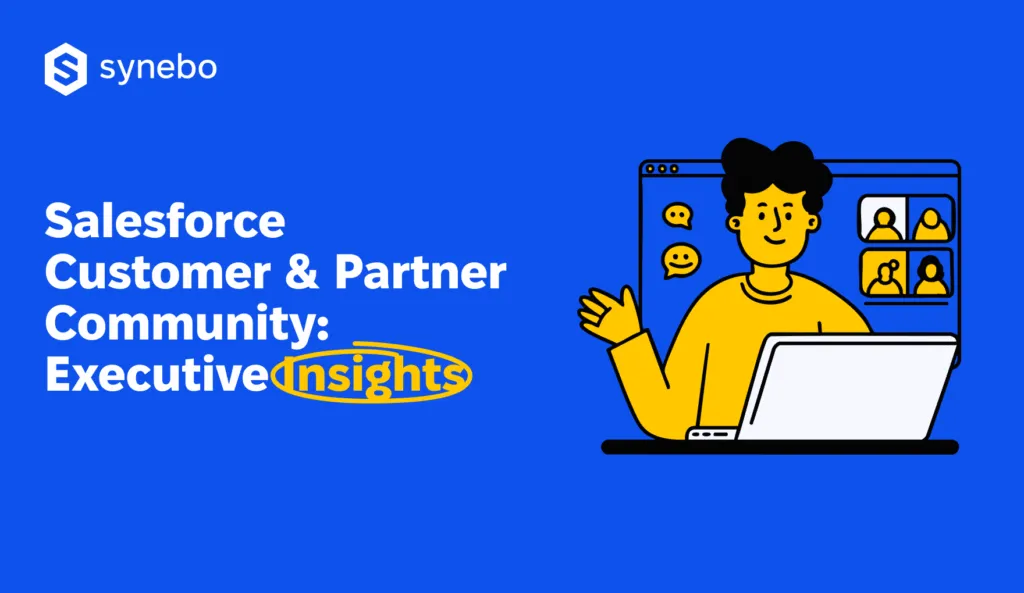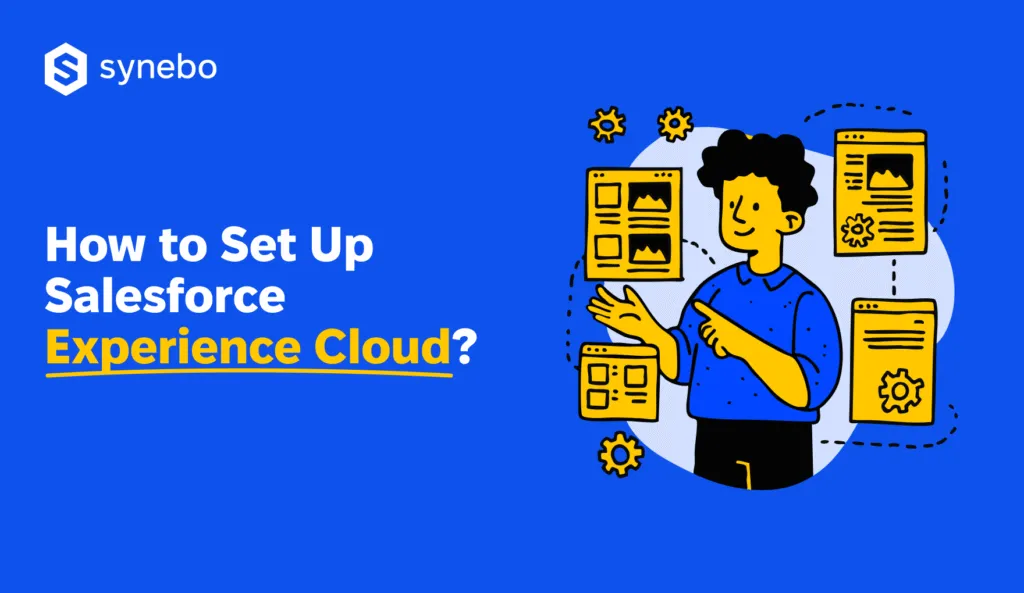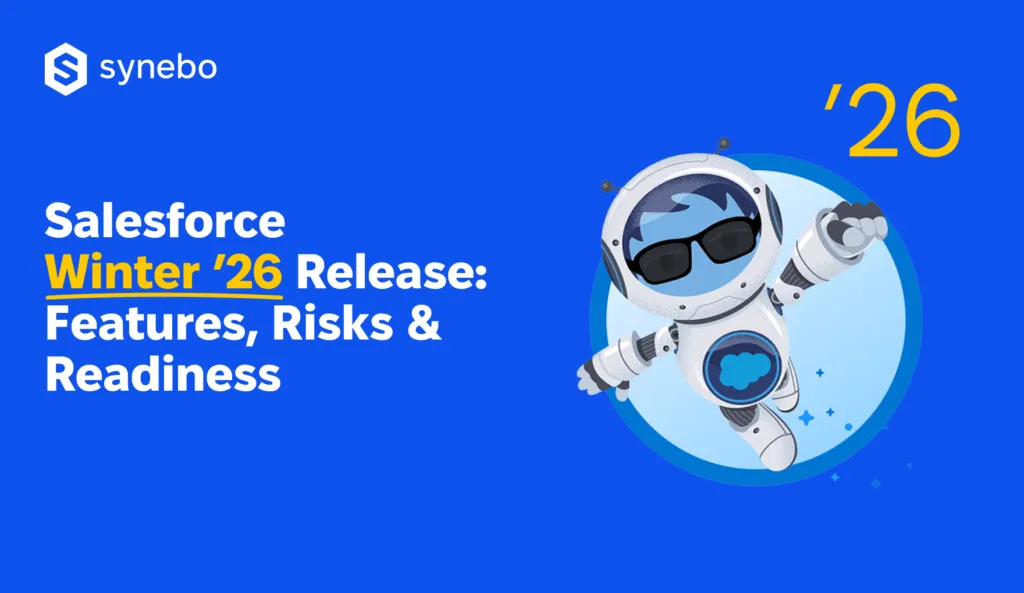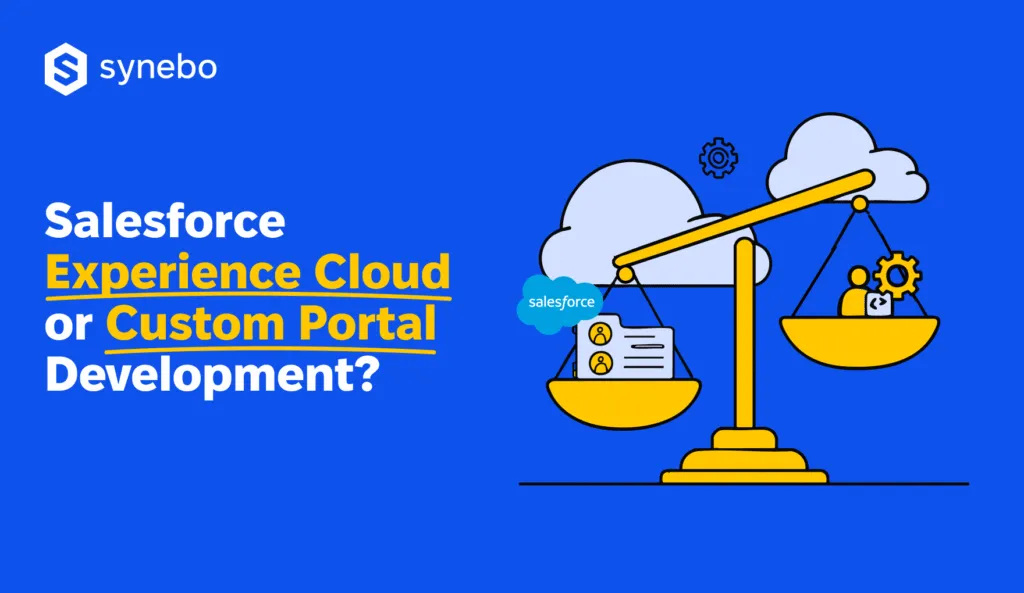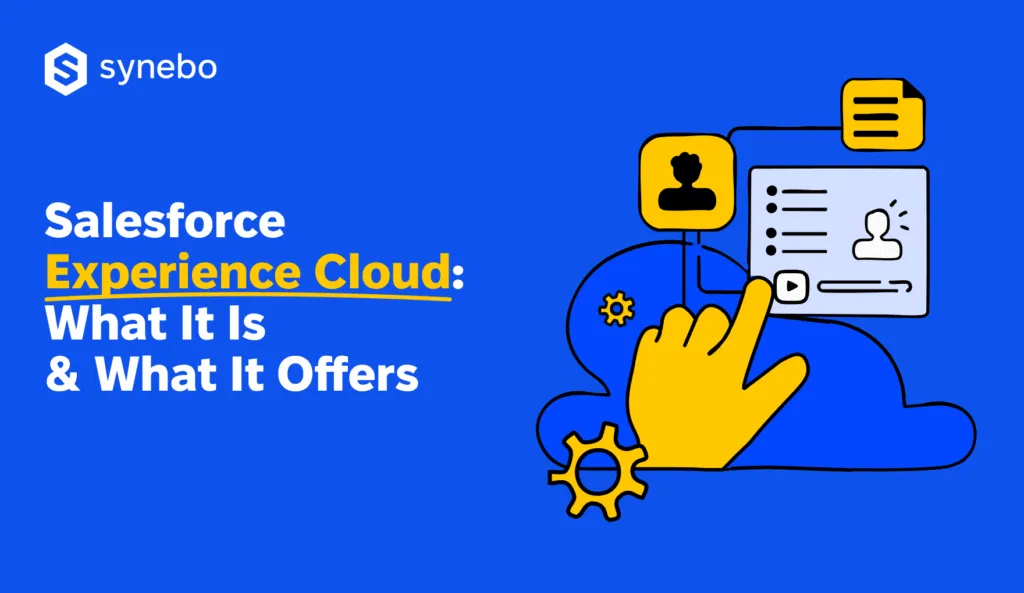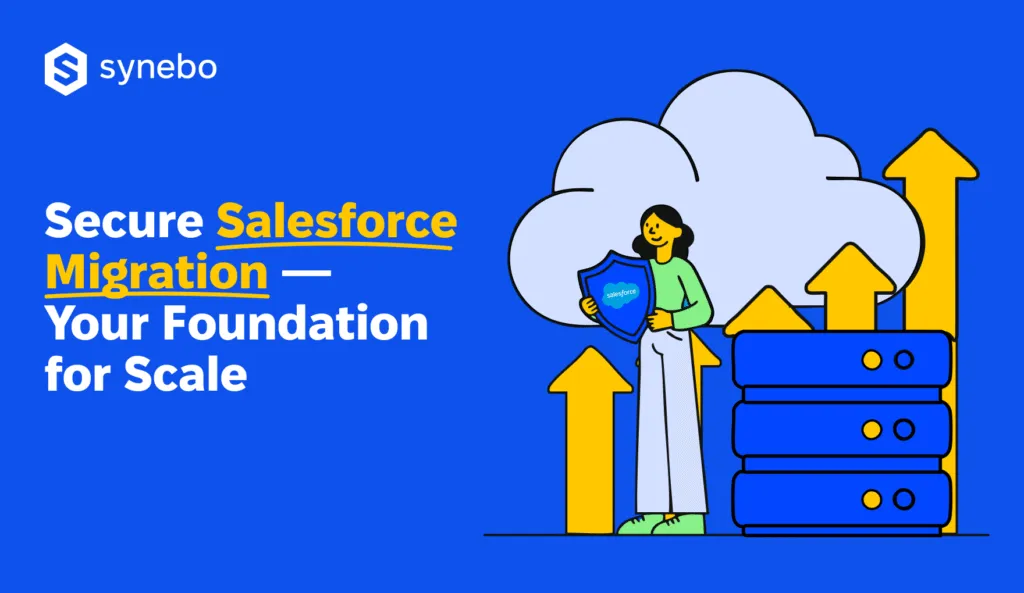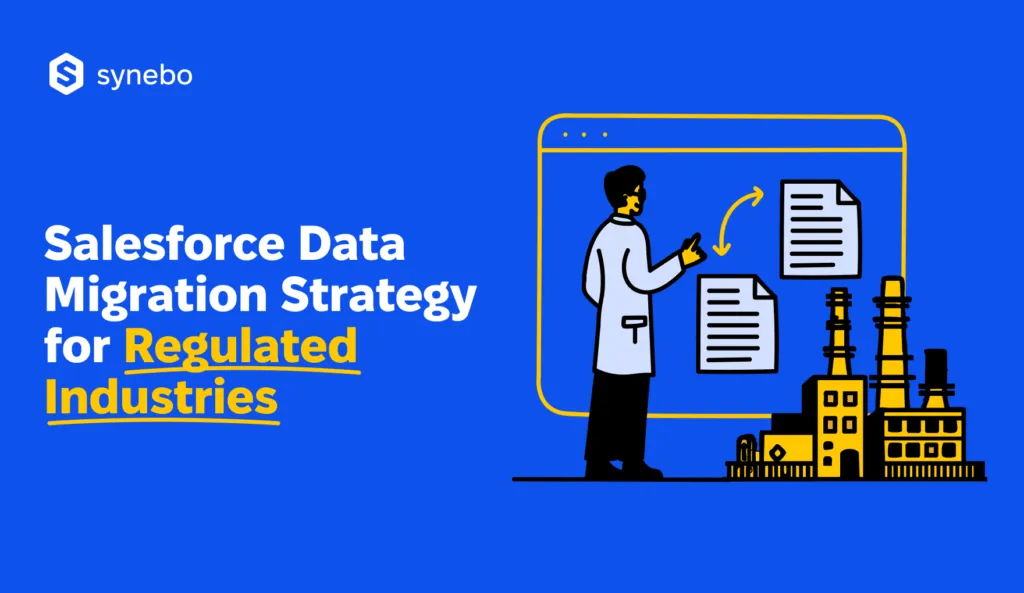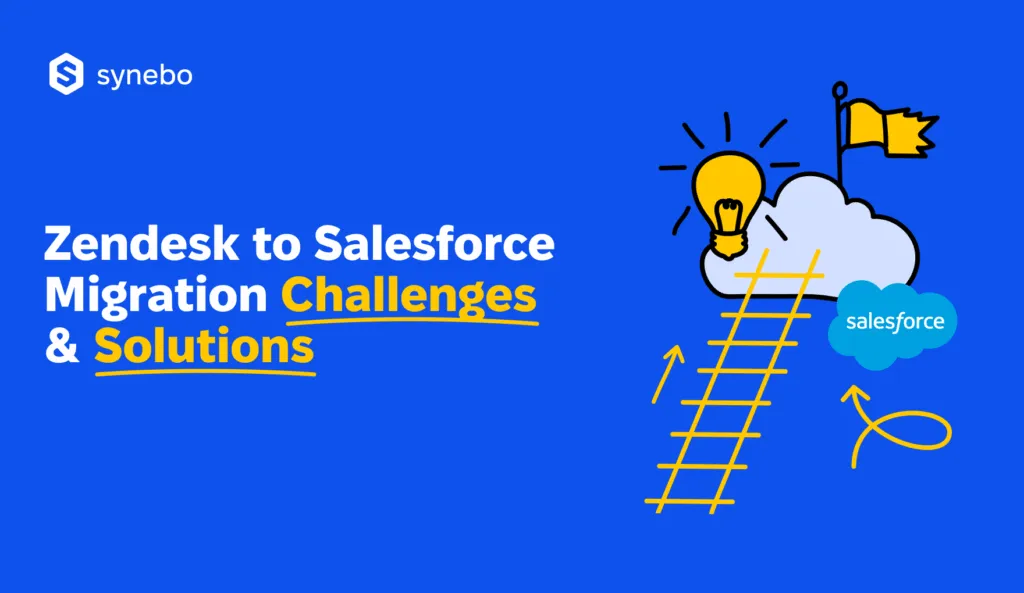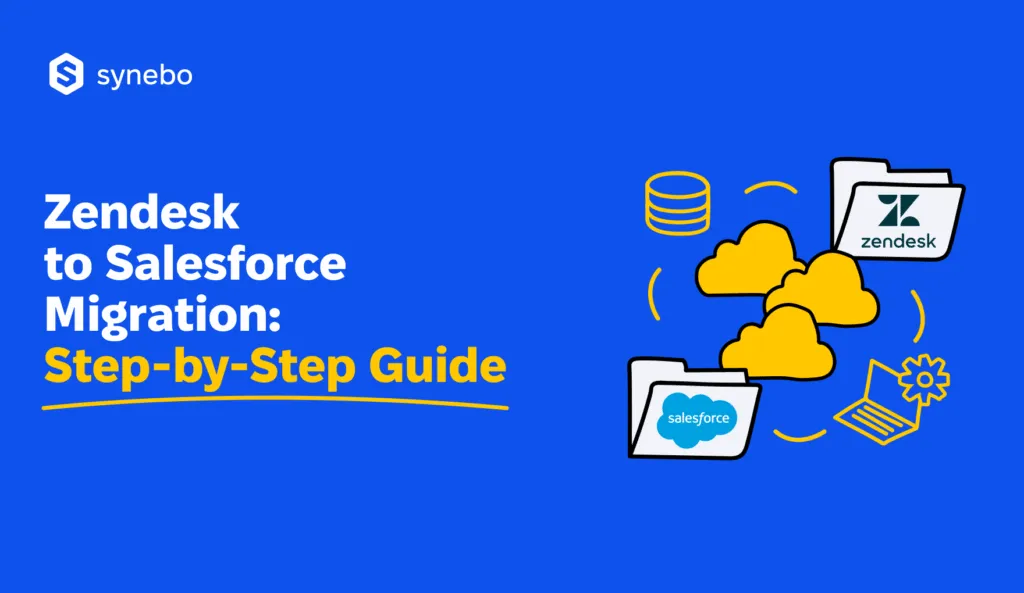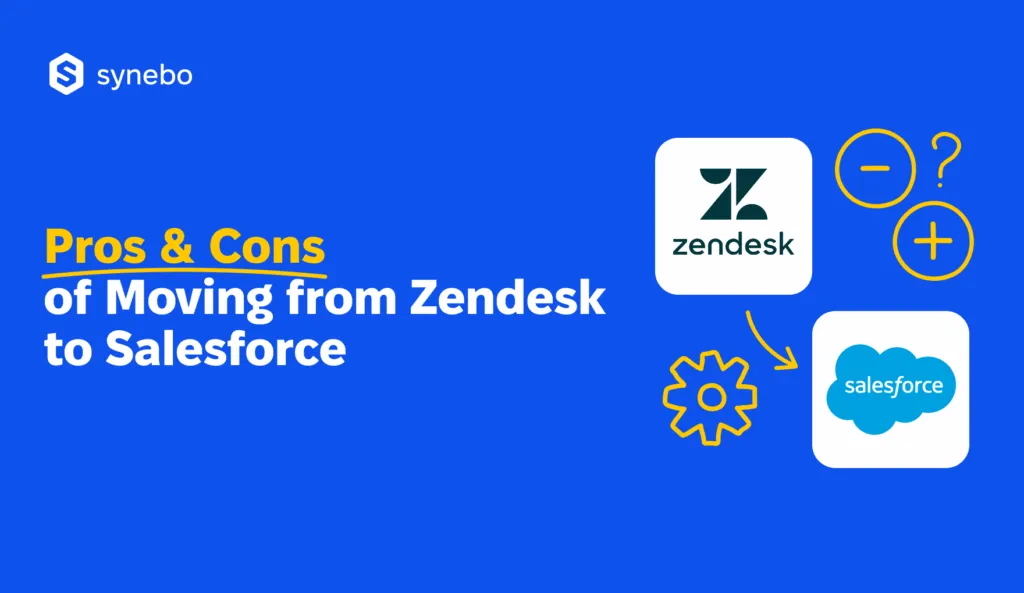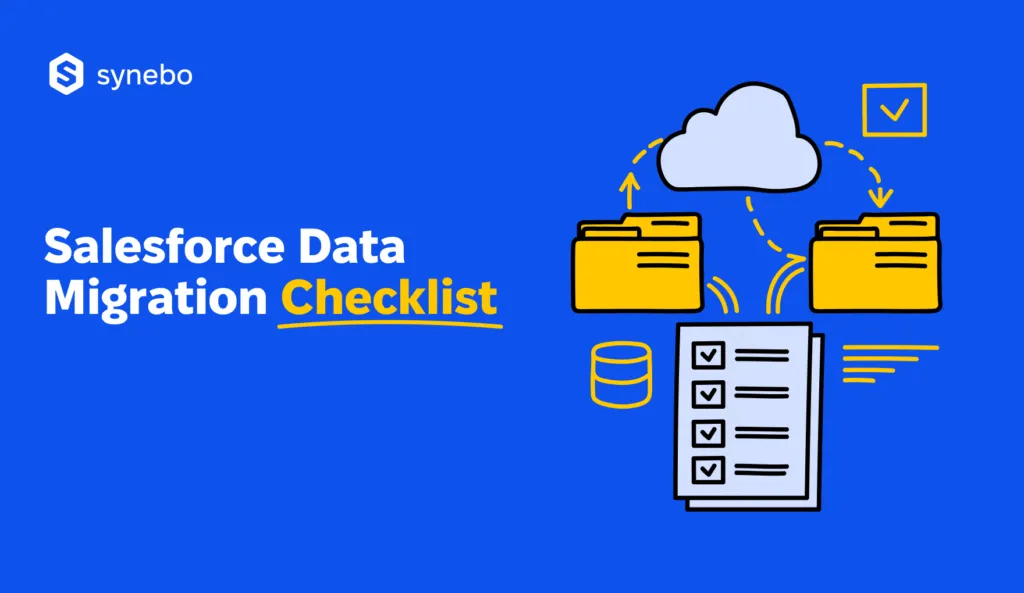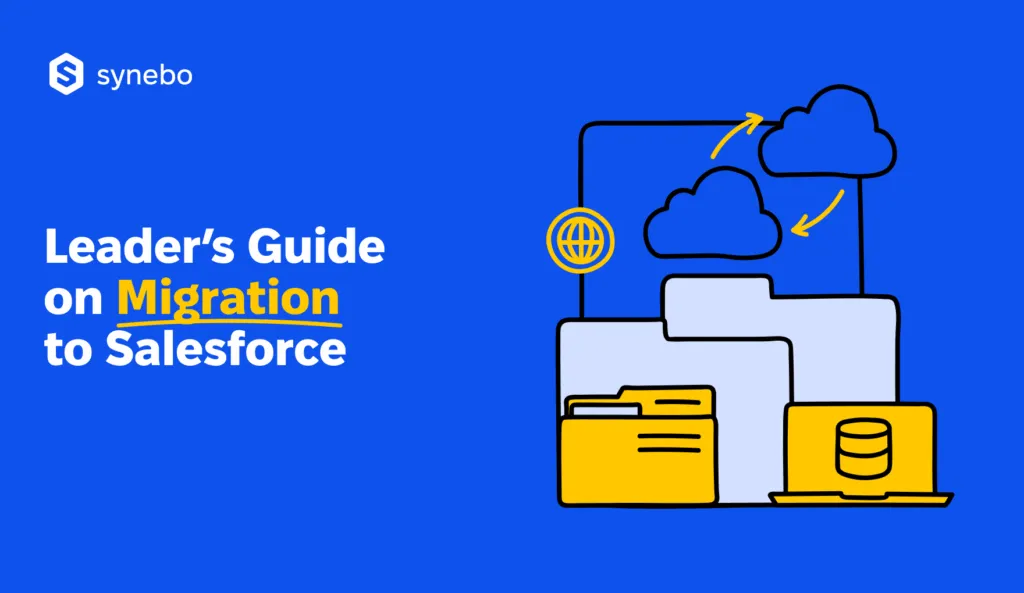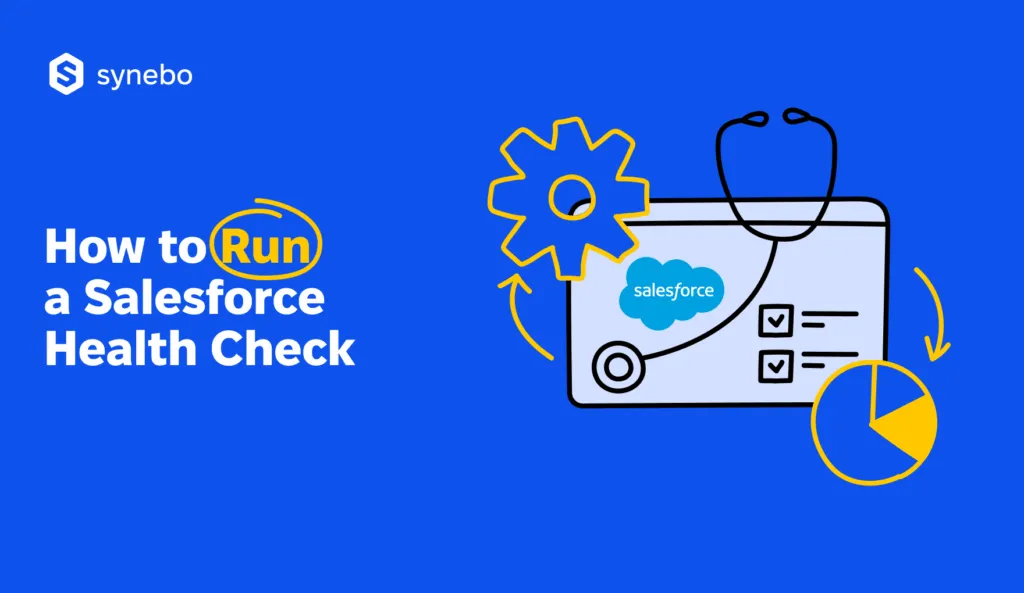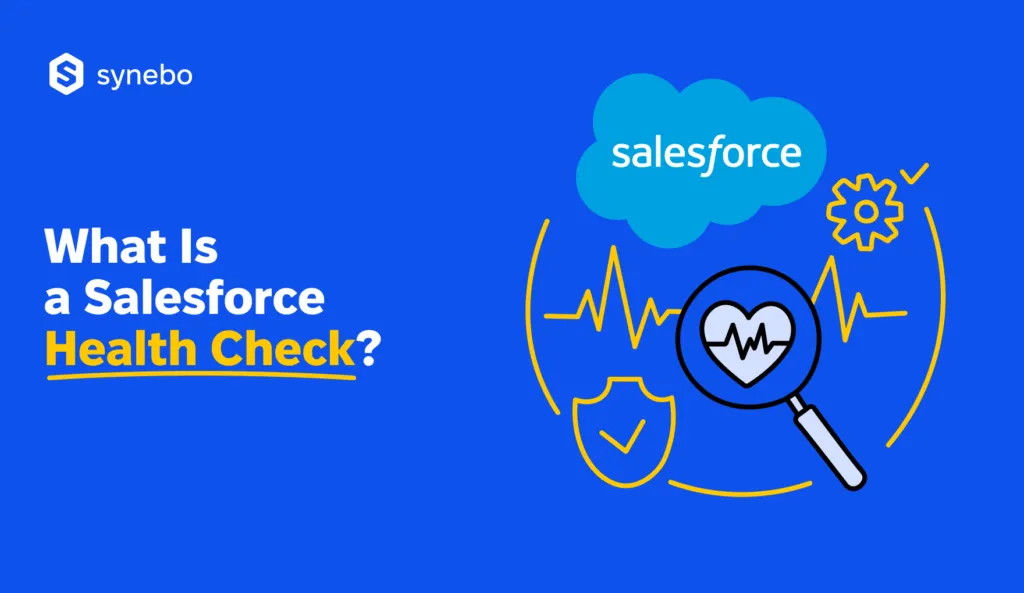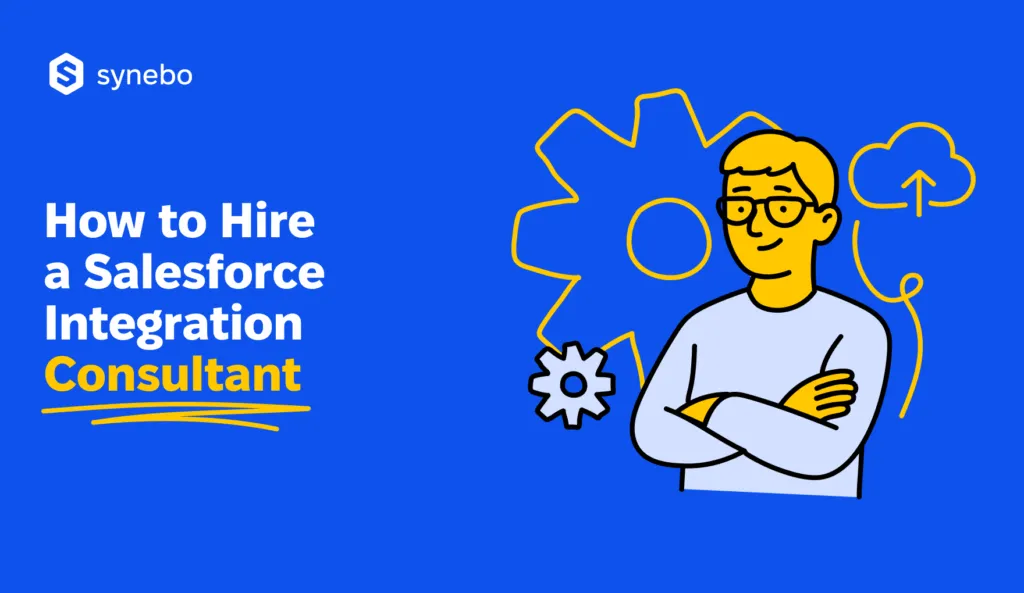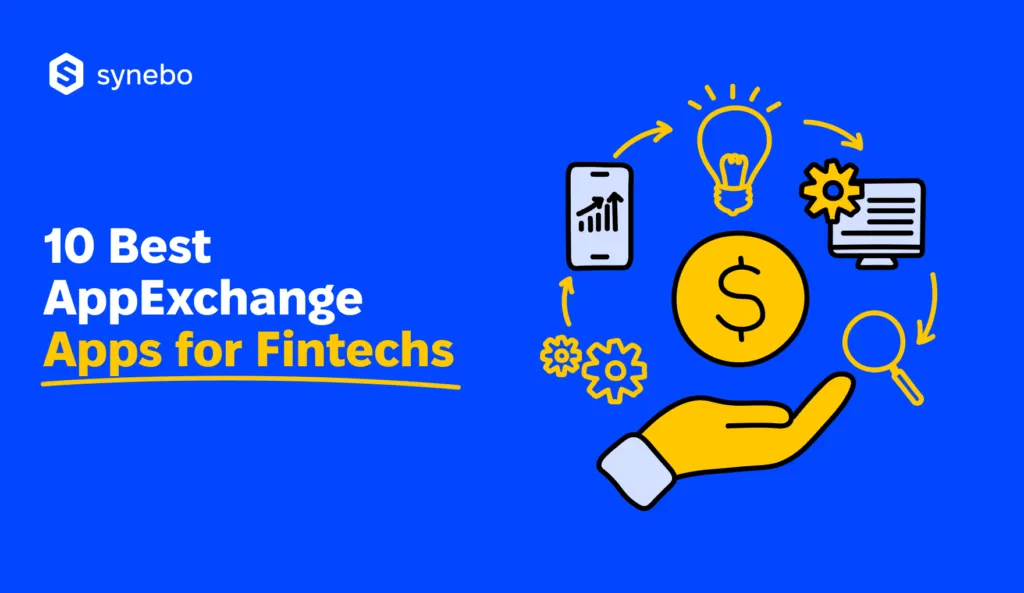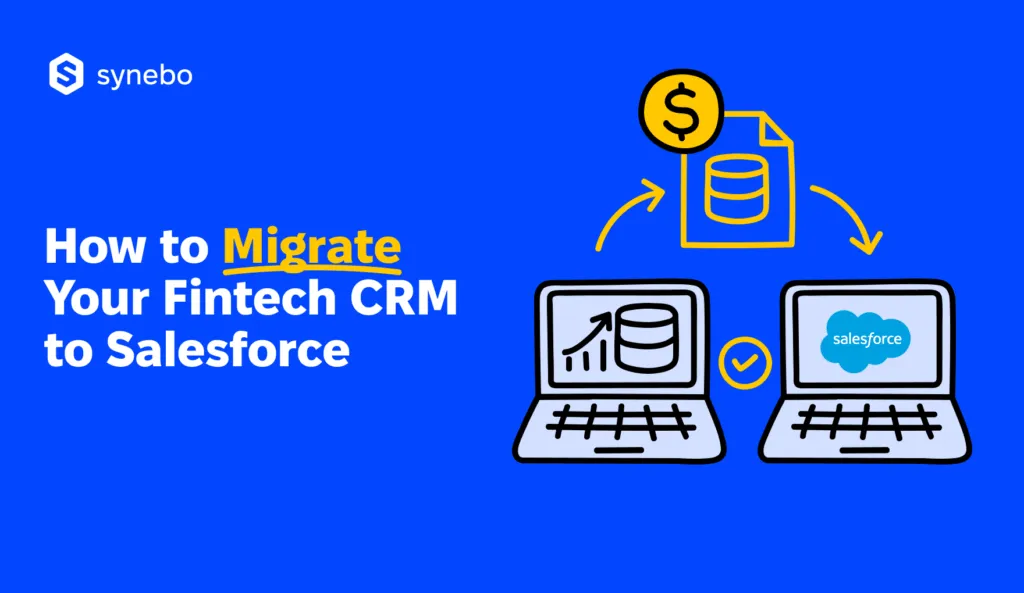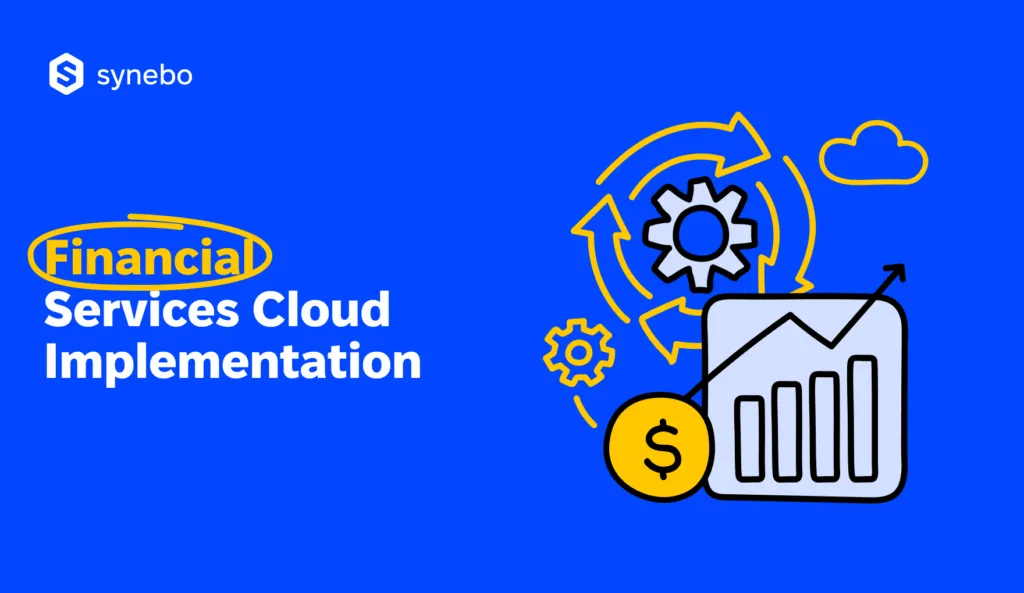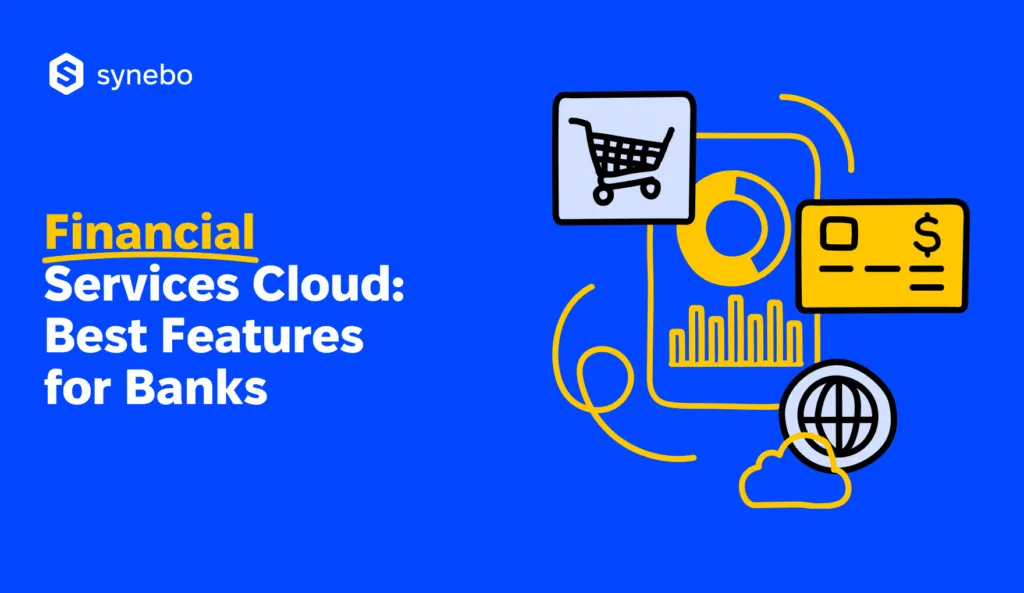Unlocked Package vs. Unmanaged Package: Choosing the Right Fit for Your Salesforce Org
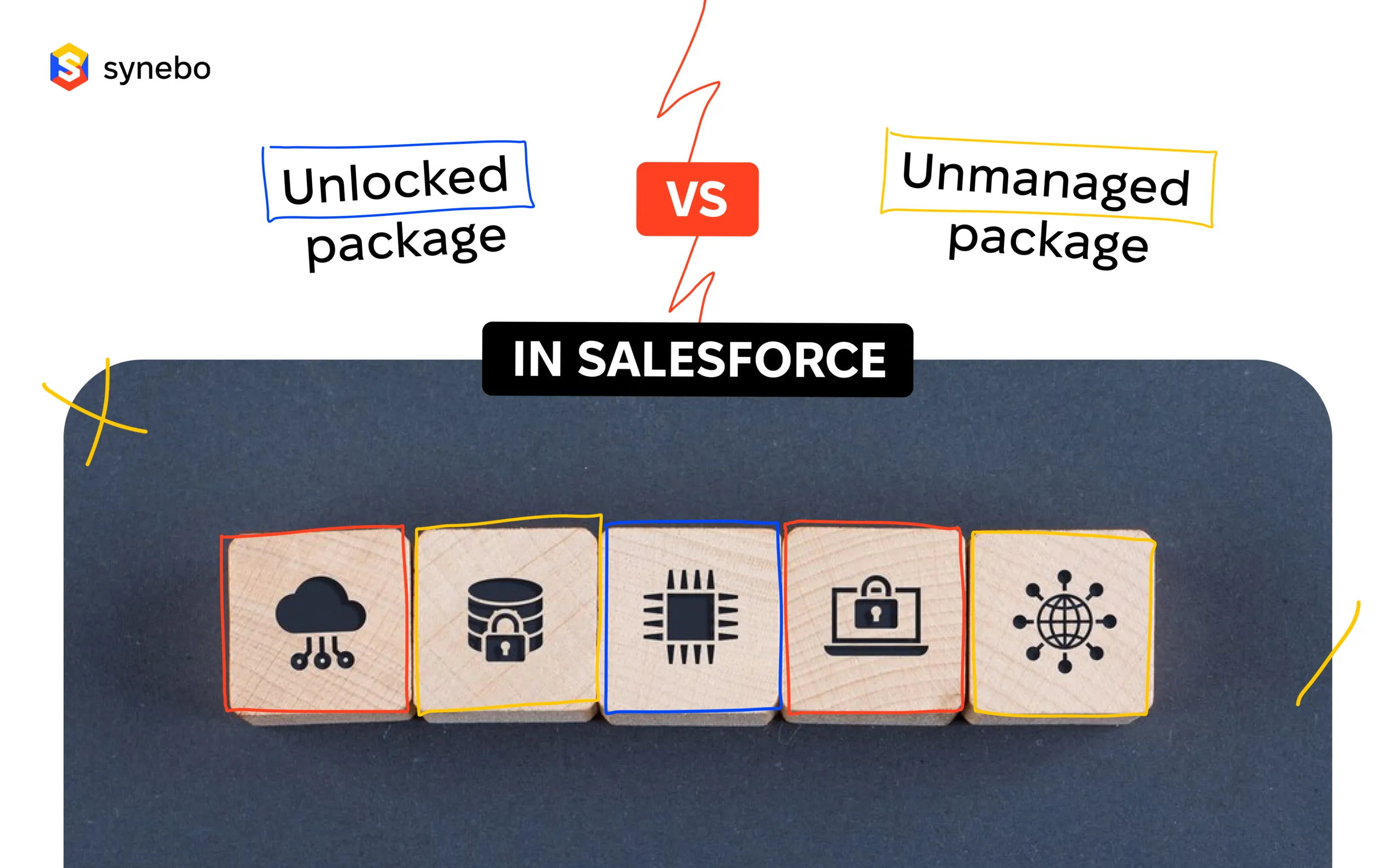
To maximize the return on investment (ROI) of their Salesforce licenses, many businesses are turning to packages. These pre-built extensions can extend core functionalities and streamline processes, potentially leading to a 40% revenue increase per license. But to truly unleash this potential, the choice between unlocked package vs. unmanaged package is pivotal for the deployment and management of custom applications.
Unlocked packages offer flexibility and modularity, while unmanaged packages prioritize quick deployment. Yet, there’s more to discover.
In this article, you’ll explore the differences of an unlocked vs. unmanaged package and find out how to choose the right approach for your unique Salesforce customization needs.
Understanding Salesforce Packages
A Salesforce package is a container that holds a specific set of metadata elements. It can be installed into an org to add or modify functionality.
Packages serve as a unit of deployment, encapsulating customizations and allowing them to be transferred across different environments.
When it comes to Salesforce packages, it’s important to understand that they not only optimize the deployment process but also promote reusability and modularity in application development. Developers can create packages containing reusable components that can be easily shared across different projects, saving time and effort in building similar functionalities from scratch.
Defining Salesforce Packages
As stated previously, Salesforce packages are a collection or storage for resources, such as custom objects, fields, Apex classes, Lightning components, and more. Packages offer a convenient way to bundle and distribute application functionality, making it easier to deploy and manage customizations across orgs.
Salesforce packages come in different types, such as:
- Managed packages. They are typically used for distributing and selling applications to customers, providing a way to protect intellectual property and control upgrades.
- Unmanaged packages. They are more suitable for in-house development and can be easily modified within the org where they are installed.
But there’s one more type — an unlocked Salesforce package, details about which are provided further in the text.
The Importance of Salesforce Packages
Packages are essential for the efficient development and maintenance of Salesforce applications. By organizing customizations into packages, developers can easily package and distribute their work, simplifying the deployment process. Additionally, packages allow for version control, enabling organizations to manage updates and rollbacks effectively.
Moreover, Salesforce packages play a crucial role in promoting collaboration among development teams. With packages, developers can work on different modules or features independently, without interfering with each other’s work. This modular approach fosters teamwork and allows for seamless integration of various components into a cohesive application.
Explore our guide on AppExchange app development to build custom Salesforce solutions.
An In-depth Look at Unlocked Packages
Unlocked Packages are part of Salesforce’s package-based development model. They allow developers to package metadata and business logic to simplify deployment processes and enable better release management.
Unlike Managed Packages, which are typically used by Salesforce ISVs (Independent Software Vendors) to distribute and sell applications on Salesforce AppExchange, Unlocked Packages are.
Unlocked packages are a relatively new feature in Salesforce. They have have quickly gained popularity among Salesforce developers due to their unique set of features and benefits. Let’s take a closer look at what makes unlocked packages so compelling.
Key Features of Unlocked Packages
Unlocked packages offer several key features that make them a compelling choice for Salesforce development:
- Modularity: Unlocked Packages allow for granular control over the components included, enabling developers to build and distribute modular features. This modularity promotes code reusability and makes it easier to manage and maintain codebases.
- Dependency management: Developers can define dependencies between packages, ensuring that all required components are included during installation. This feature simplifies the deployment process and reduces the risk of missing dependencies.
- Accessibility: Unlike managed packages, unlocked packages provide access to the source code, allowing for easier customization and extension of packaged functionality. This level of accessibility empowers developers to tailor the package to their specific needs and integrate it seamlessly with existing codebases.
Benefits of Using Unlocked Packages
Unlocked packages offer several benefits for both developers and organizations:
- Simplified development: Unlocked packages promote modular development practices, making it easier to manage and maintain code. Developers can focus on building individual features without worrying about the intricacies of the entire application.
- Incremental release: With the ability to define dependencies, developers can release updates to individual packages without impacting the entire application. This incremental release approach allows for faster and more efficient development cycles.
- Collaboration: Unlocked packages facilitate collaboration by allowing multiple developers to work on different packages simultaneously. Each developer can focus on their specific area of expertise, leading to faster development and increased productivity.
As unlocked packages continue to evolve and gain traction within the Salesforce ecosystem, developers can expect even more features and enhancements to further enhance their development experience. Whether you’re a seasoned Salesforce developer or just starting your journey, unlocked packages offer a powerful and flexible solution for building and distributing applications on the Salesforce platform.
Unleash the full potential of the Salesforce platform with our expert Salesforce consulting services.
Exploring Unmanaged Packages
Unmanaged packages are the traditional packaging option in Salesforce. They provide a straightforward approach to bundle and distribute customizations, but lack certain features and flexibility offered by unlocked packages.
When delving into the realm of unmanaged packages, it’s essential to understand their foundational principles and how they operate within the Salesforce ecosystem. Unmanaged packages serve as a container for grouping various customizations, such as Apex classes, Visualforce pages, and metadata components. These packages are a convenient way to bundle functionalities and configurations for easy deployment across different Salesforce orgs.
Unique Characteristics of Unmanaged Packages
Unmanaged packages have a few unique characteristics that set them apart:
- Fixed dependencies: Once components are included in an unmanaged package, their dependencies are fixed, making it challenging to manage complex relationships.
- No source code access: Unmanaged packages do not provide access to the source code, limiting customization options for packaged features.
- Complete control: Organizations using unmanaged packages have full control over the components included and can modify them directly in the target org.
As we explore the unmanaged packages, we can see the delicate balance they offer between convenience and customization. While fixed dependencies can pose challenges in managing intricate relationships between components, the complete control offered allows organizations to tailor the packaged features to their specific needs.
This level of autonomy empowers administrators and developers to make on-the-fly adjustments directly within the target org, ensuring a seamless customization experience.
Advantages of Unmanaged Packages
While unmanaged packages have some limitations, they are still beneficial in certain scenarios:
- Quick deployment: Unmanaged packages are easy to create and deploy, making them suitable for quick customization transfers.
- Ongoing customization: Organizations that need to modify packaged components directly in the target org may find unmanaged packages more suitable.
Despite the rise of newer packaging options like unlocked packages, unmanaged packages are best for scenarios where rapid deployment and real-time customization are paramount. Their simplicity in creation and deployment make them a go-to choice for organizations looking to swiftly transfer customizations between Salesforce orgs.
Additionally, the ability to continue customizing components post-deployment directly within the target org ensures that organizations can adapt to evolving business requirements seamlessly.
To learn more about Salesforce, read our recent blog post on how Salesforce custom development can take your business to the next level.
Comparing Unlocked Package vs. Unmanaged Package for Streamlined Salesforce Development
Now that we have explored the key features and advantages of both unlocked packages and unmanaged packages, let’s take a closer look at their similarities and differences.
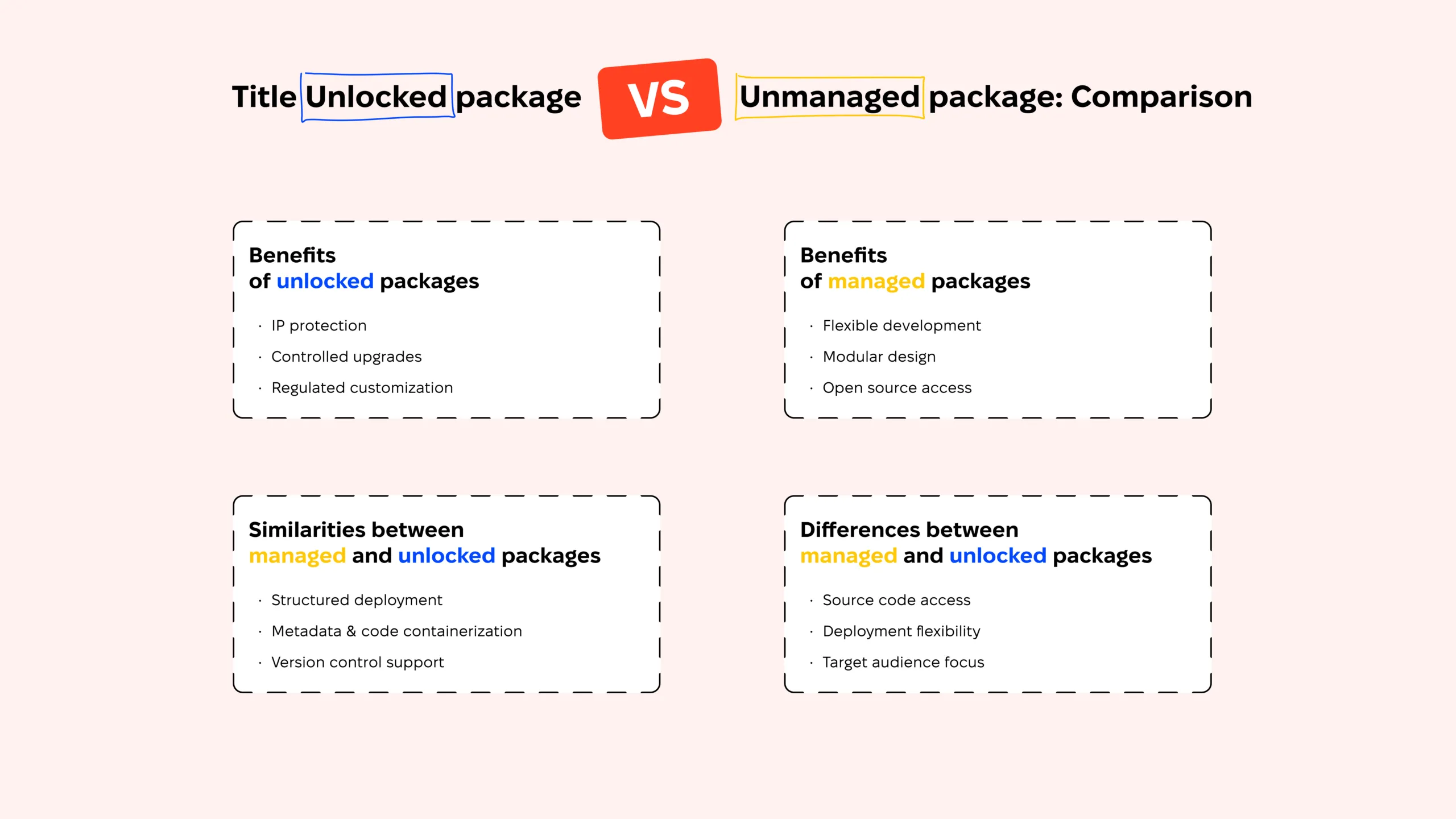
Similarities Between Unlocked and Unmanaged Packages
Unlocked packages and unmanaged packages share some similarities:
- Both package types allow for bundling and distributing Salesforce customizations.
- They can be installed into different orgs to add or modify functionality.
- Both package types support the deployment of custom objects, fields, Apex classes, and other metadata elements.
These commonalities lay the foundation for leveraging packaged solutions to optimize development processes and enhance the scalability of Salesforce implementations across various environments.
Differences Between Unlocked and Unmanaged Packages
Unlocked packages and unmanaged packages have distinct differences:
- Modularity approach: Unlocked packages provide greater modularity compared to unmanaged packages.
- Dependency management type: Unlocked packages offer more advanced dependency management features.
- Source code access: Unlocked packages provide access to the source code, while unmanaged packages do not.
These differences highlight the diverse capabilities and limitations of each packaging type, empowering developers and administrators to tailor their packaging strategies based on project requirements and collaboration dynamics within their Salesforce ecosystem.
In addition to different packages, Salesforce offers various solutions to address specific business needs. Discover how Sales Cloud and Service Cloud can boost your sales and service operations, and what’s the difference between them.
Choosing the Right Package for Your Business: Unlocked Package vs. Unmanaged Package?
Picking the right package type for your business is a crucial decision that can impact the efficiency and scalability of your application. It involves considering various factors that align with your business goals and development practices. By selecting the most suitable package, you can streamline your deployment process and enhance the overall performance of your application.
When evaluating an unlocked vs. unmanaged package, it’s essential to delve deeper into the specific requirements of your project. Understanding the nuances of each package type can help you make an informed decision that aligns with your development objectives and long-term strategy.
Factors to Consider When Choosing a Package
When evaluating Salesforce unlocked package vs. unmanaged, keep the following factors in mind:
- Modularity requirements: Determine the level of modularity needed for your application and how easily you want to distribute and manage changes.
- Customization control: Evaluate whether you require the ability to modify packaged components directly in the target org.
- Collaboration: Consider the number of developers working on the project and how collaboration needs are best met.
Considering these factors can provide valuable insights into which package type aligns best with your project’s requirements and development workflow. Weigh the pros and cons of each option to make an informed decision that sets your project up for success.
Making the Right Decision: Unlocked or Unmanaged
Ultimately, the choice between unlocked and unmanaged packages hinges on your specific business needs and development practices. For projects requiring greater modularity, advanced dependency management, and source code access, unlocked packages are the recommended choice. They offer a more structured approach to package development and deployment, allowing for better version control and dependency tracking.
Let Synebo, a certified Salesforce partner, develop custom Salesforce apps to expedite your business processes. Drop us a line!
Best Practices for Using Salesforce Packages
Regardless of whether you choose an unlocked vs. unmanaged package, following best practices will help you make the most out of Salesforce packaging:
When it comes to managing your Salesforce packages, there are several key considerations to keep in mind. Whether you opt for Salesforce unlocked package vs. unmanaged, taking the time to plan and implement these best practices will ensure a smooth and efficient packaging process.
Tips for Maximizing Unlocked Packages
If you decide to go with unlocked packages, consider these tips:
- Plan your package structure: Design a modular package structure to ensure efficient management and distribution of features. By breaking down your package into smaller, more manageable components, you can easily update and maintain specific functionalities without affecting the entire package.
- Version control system: Utilize version control systems like Git to track changes and manage different package versions. This will enable you to keep a record of all modifications made to your package, making it easier to roll back changes if necessary.
- Document everything: Document package contents, dependencies, and installation instructions to facilitate collaboration and onboarding of new team members. Clear and comprehensive documentation will ensure that everyone involved in the project understands how to work with the package and its associated components.
By implementing these practices, you can maximize the benefits of unlocked packages and streamline your development process.
Guidelines for Utilizing Unmanaged Packages
For organizations using unmanaged packages, keep the following guidelines in mind:
- Keep customizations minimal: Minimize modifications to packaged components to reduce the risk of conflicts and compatibility issues during package upgrades. While it may be tempting to customize the package to fit your specific needs, it’s important to strike a balance between customization and maintainability.
- Back up target orgs: Before deploying unmanaged packages, create backups of target orgs to ensure data integrity and easy rollback in case of issues. This precautionary step will safeguard your data and allow you to quickly revert to a previous state if any problems arise during the deployment process.
- Detailed testing: Perform comprehensive testing to ensure that modifications made through unmanaged packages do not negatively impact the existing functionality. Thoroughly test all changes and customizations to ensure that they integrate seamlessly with your existing Salesforce setup.
Following these guidelines will help you effectively utilize Unmanaged Packages and minimize the risk of compatibility issues or data loss.
Level up your Salesforce with expert testing tips we share in our guide, where we cover the main testing types, strategies, and best practices to overcome Salesforce testing-related challenges.
Final Take
Both unlocked packages and unmanaged packages offer valuable functionality for Salesforce development and deployment. Unlocked packages provide increased modularity, advanced dependency management, and source code access, making them suitable for projects that require flexibility and customization. On the other hand, unmanaged packages are ideal for quick customization transfers and ongoing modifications directly in target orgs.
When choosing between unlocked package vs. unmanaged package, consider your development requirements, collaboration needs, and level of customization control. By carefully evaluating these factors, you can make an informed decision about which package type is the best fit for your organization’s Salesforce ecosystem.
However, it’s best to get expert guidance to navigate this choice. As a certified Salesforce partner and PDO, we specialize in helping businesses like yours develop and enhance custom CRM solutions. From Salesforce consulting to development and integration, our team is equipped to handle your project with the utmost professionalism.
Contact us should you need assistance from a certified Salesforce dev team!
Unlocked packages offer more features and control compared to unmanaged packages. They allow for easier upgrades, don’t require the source organization to be the source of truth, and can optionally remove obsolete metadata. Unmanaged packages, in contrast, are simpler for sharing but lack upgrade capabilities and can lead to conflicts if edited in the target organization.
Unlocked packages are ideal for internal business applications, modular app development, and extending existing Salesforce functionality. Unmanaged packages are better suited for one-time deployments or sharing basic configurations with other orgs.
Yes, unlocked packages can be upgraded similar to managed packages. Unmanaged packages, on the other hand, require uninstallation before upgrades.
Unlocked packages are designed primarily for internal use, while Managed Packages are built for distribution on the AppExchange. Unlocked packages offer more flexibility for customization but lack the security and governance features of Managed Packages.
Managed flows are part of a package that can be easily upgraded without modifying your org, while unmanaged flows are standalone and require manual updates in each org. In short, managed flows offer easier updates but less control, while unmanaged flows provide full control but require more maintenance.


